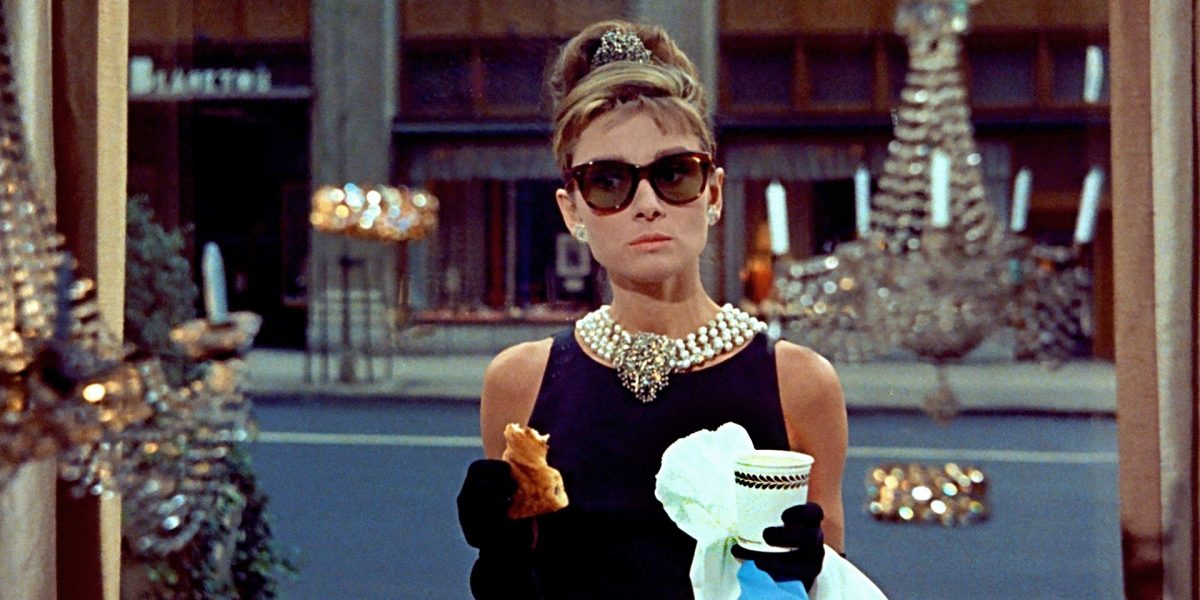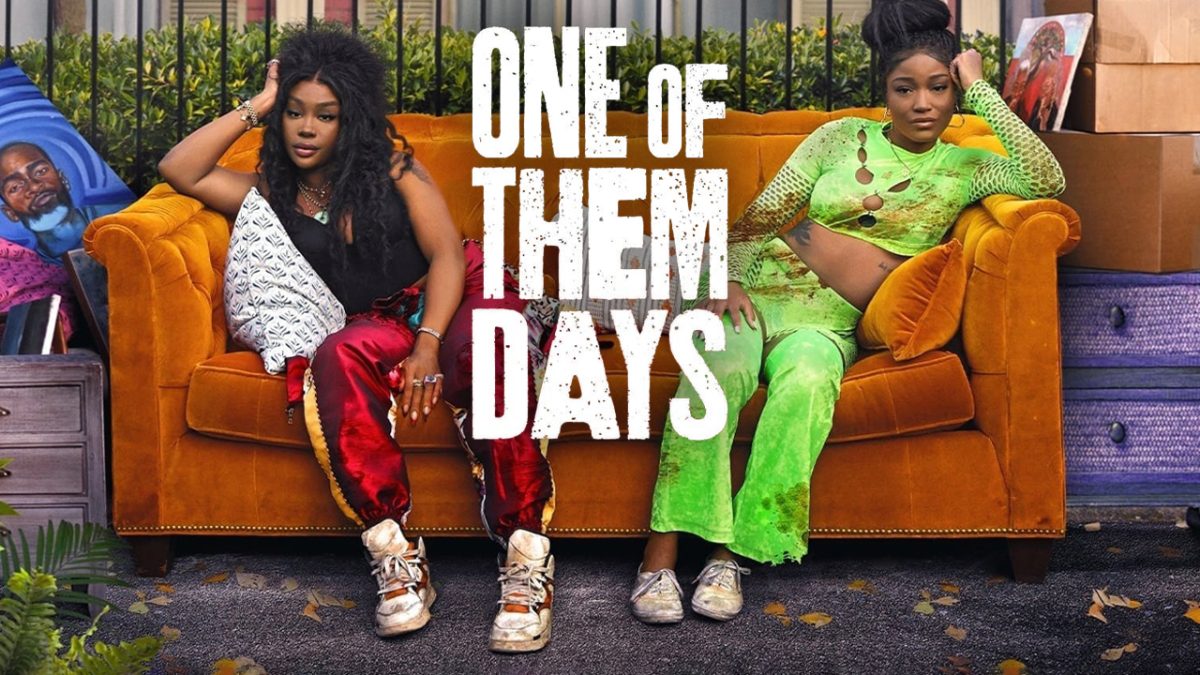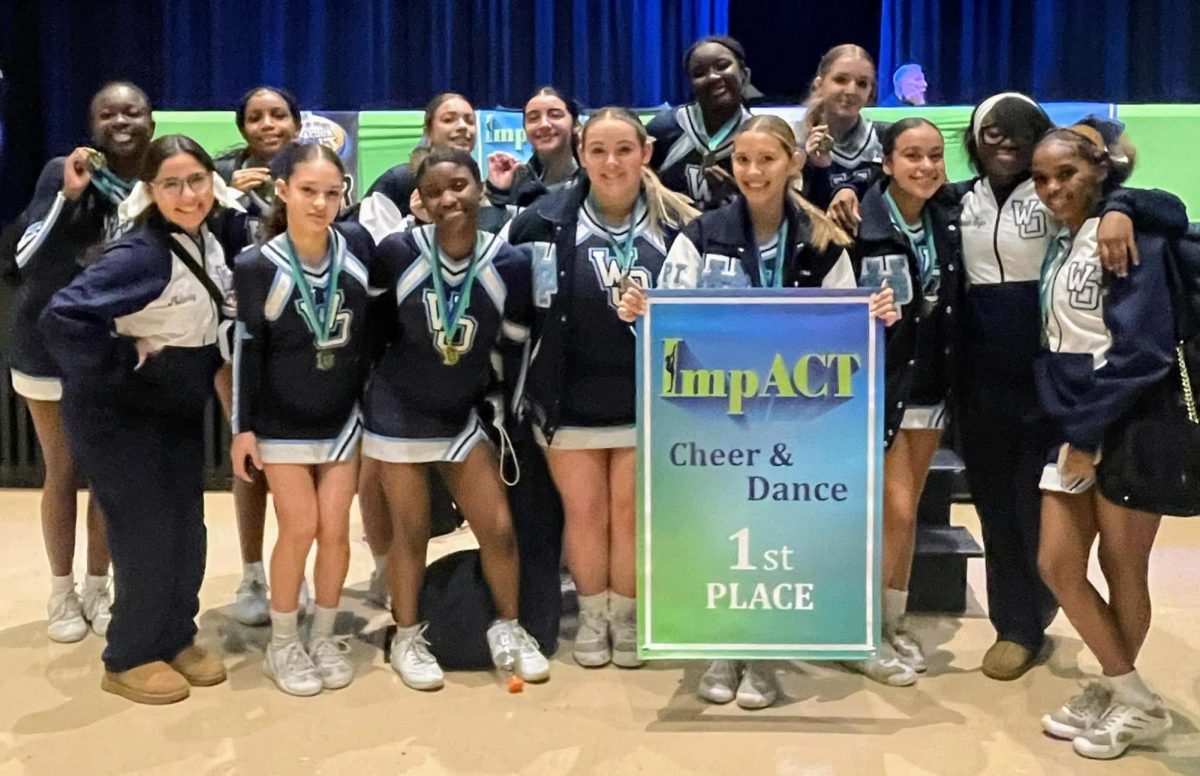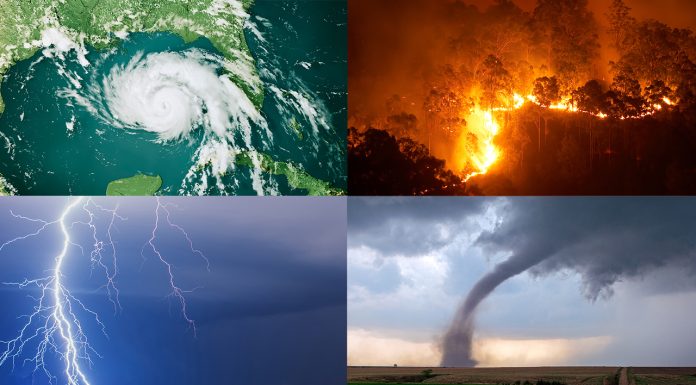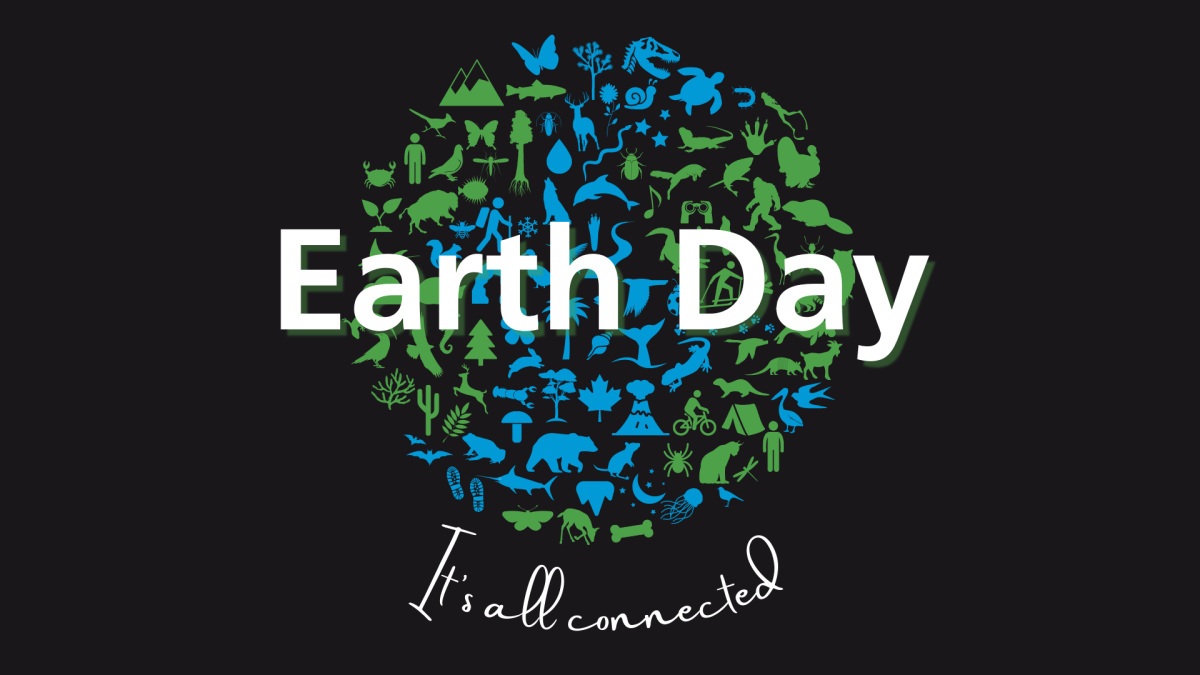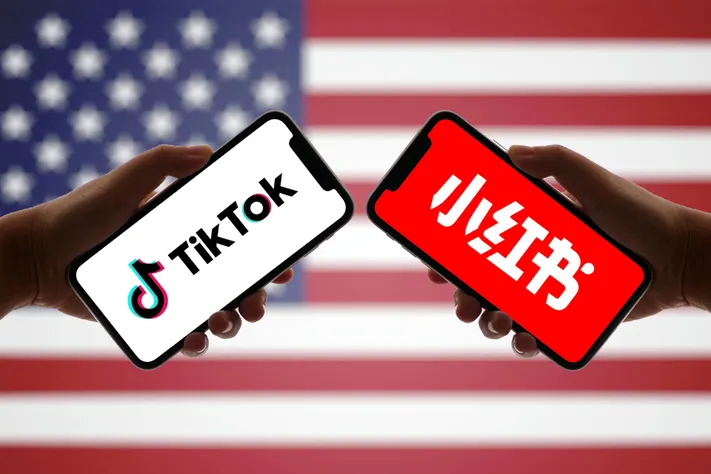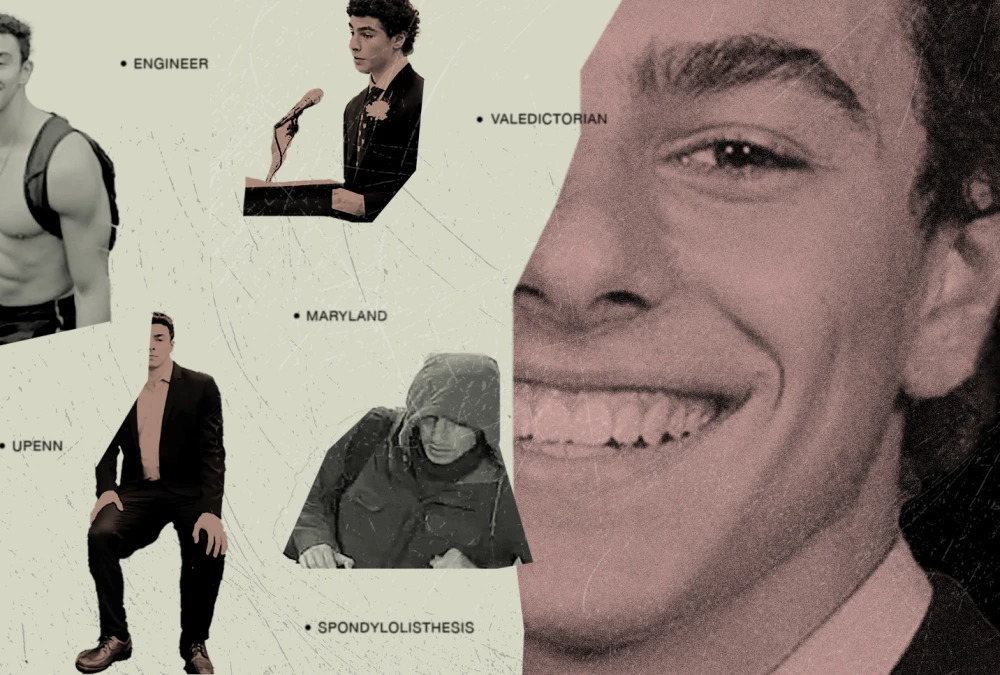Democratic Governor of Minnesota Tim Walz and Republican Ohio Senator J.D. Vance squared off in a vice-presidential debate brimming with tension and high stakes, each presenting starkly different visions for the country’s future. The debate not only showcased their opposing ideologies but also highlighted the larger political divide gripping the nation, offering voters a clear choice on leadership, policy, and the role of government in tackling America’s biggest challenges.
Tim Walz, Democrat Kamala Harris’ running-mate, entered the debate with a deep well of experience. From his time as a high school teacher and Army National Guard veteran to his years in the House of Representatives, Walz has consistently advocated for progressive policies that prioritize education, healthcare, and climate action. His tenure as governor has been defined by a hands-on approach, believing in the power of government to create a more equitable society. For Walz, government isn’t just a tool—it’s a lifeline for people who’ve been left behind.
J.D. Vance, Republican Donald Trump’s running-mate, brings a different perspective, shaped by his personal story of growing up in the struggling Rust Belt, a tale he famously shared in his bestselling memoir, Hillbilly Elegy. Vance’s conservative populism is rooted in the economic and cultural frustrations of working-class Americans who feel abandoned by globalism and political elites. In the Senate, he’s made it his mission to defend traditional values, push for economic nationalism, and call out what he sees as the erosion of middle America’s livelihood. Vance also has experience from his time in the Marines and as an adventure capitalist.
Right from the start, it was clear the two candidates stood miles apart on key issues. On the economy, Walz made his case for strong government involvement, calling for bold investments in infrastructure, renewable energy, and a strengthened social safety net to ensure that prosperity reaches all Americans.
“A strong nation is built on strong communities,” Walz stated, painting his vision for a recovery focused on people, still reeling from the economic shocks of the pandemic and inflation.
Vance, on the other hand, offered a different solution. He championed free enterprise and took aim at what he called the “overreach of big government,” blaming excessive regulations for suffocating small businesses and innovation. For Vance, the way forward is clear: cut taxes, roll back regulations, and let the market work its magic, especially in regions like his home state of Ohio, where manufacturing jobs have disappeared in recent years.
“We need to put Americans back in control of their own futures,” Vance argued, framing his vision as a push for economic independence through limited government and market-driven solutions.
One of the most riveting exchanges came when the two candidates debated healthcare. Walz passionately defended the need for expanding healthcare access, calling it a moral and economic imperative. Vance, however, pushed back hard, advocating for a more market-based healthcare approach that would rely less on government intervention and more on competition to lower costs.
The debate wrapped up with both candidates sticking firmly to their ideological lanes. Walz emphasized a future where the government plays a critical role in solving society’s biggest problems, from healthcare to climate change. Vance stood his ground, arguing that less government and a return to personal responsibility were the keys to America’s success.
Ultimately, the debate didn’t just spotlight two candidates—it underscored the broader philosophical battle playing out across the country. In Walz, voters see a leader who believes government is a force for good, one that can ensure economic fairness and environmental sustainability. In Vance, they see a champion of traditional values and free-market solutions, promising to restore power to individuals and local communities.
The question now is which vision resonates more with voters as they prepare to choose the direction they believe America should take.













































